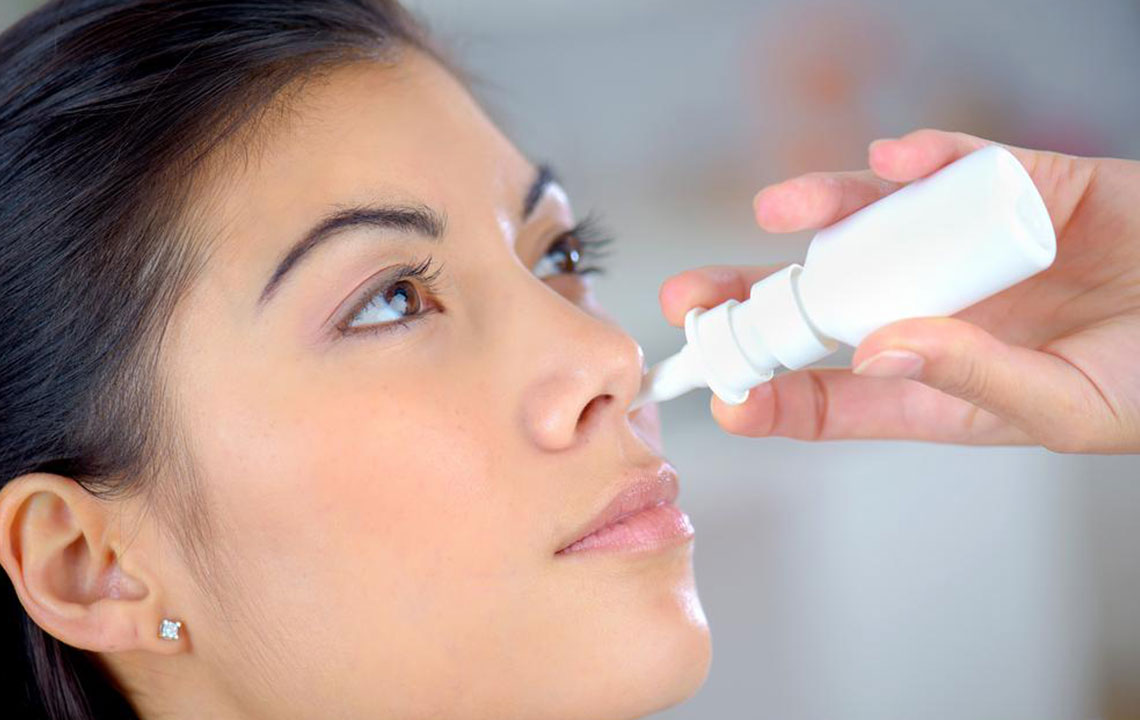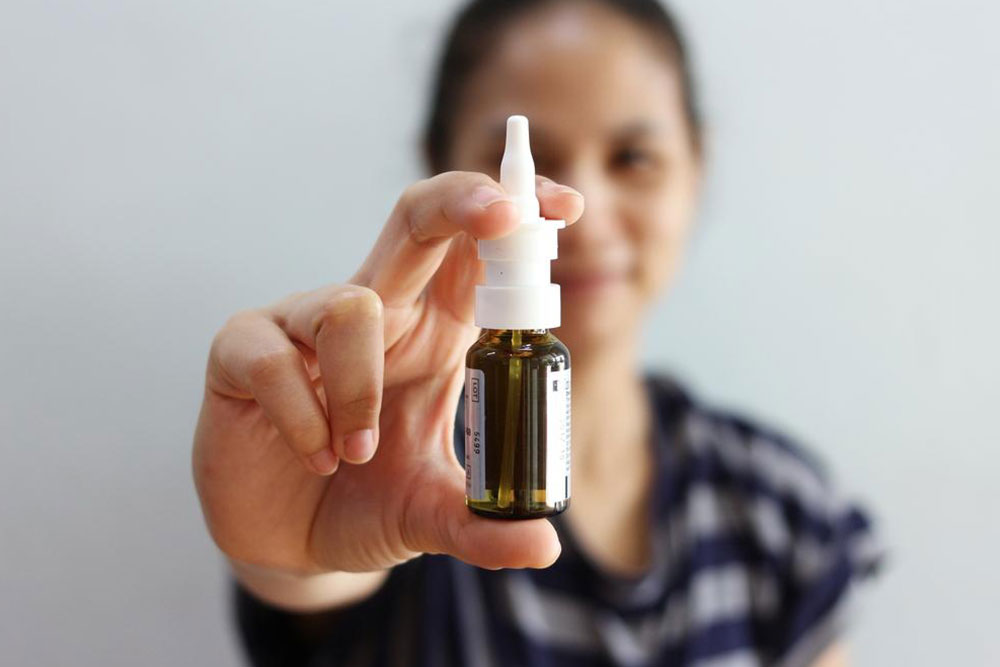Effective Strategies for Managing Nasal Allergy Sprays
This article offers comprehensive guidance on managing nasal allergy symptoms with various nasal sprays. It highlights types like decongestants, antihistamines, steroids, and nasal crom, explaining their functions, usage precautions, and possible side effects. Consulting a healthcare provider before use is strongly recommended to ensure safe and effective relief from nasal allergies.
Sponsored

Nasal allergies can impact daily life, but various nasal spray options can provide relief quickly compared to oral medications. These sprays target allergy symptoms directly in the nasal passages. While available at pharmacies, consulting a healthcare provider before use is recommended to avoid potential complications from incorrect medication choices.
Decongestant Sprays
These reduce nasal swelling by constricting blood vessels. Notable brands include Sinex, Afrin, and Dristan. Limit use to three days to prevent rebound congestion and infections. People with high blood pressure or glaucoma should seek medical advice prior to use.
Antihistamine Sprays
Designed to relieve sneezing, itching, and nasal congestion, these sprays like Patanase and Astepro require a prescription. They may cause mild drowsiness, but generally less than oral antihistamines.
Steroid Nasal Sprays
When swelling hampers breathing, steroid sprays help reduce inflammation and congestion. Medications like Nasonex or Flonase are commonly prescribed. While effective, they take time—days to weeks—to show results and may cause side effects such as headaches or sore throats.
Nasal Cromolyn
This fast-acting spray inhibits histamine release, alleviating allergy symptoms like sneezing and nasal blockage. For best results, start using it 5–7 days before allergy season or exposure. Suitable for most, but those with asthma or sinus issues should consult their doctor first. Possible side effects include nasal burning and sneezing.
Atrovent Nasal
Available only through prescription, this spray reduces mucus production, making it useful for runny noses. It’s unsuitable for allergies involving congestion or sneezing. Those with glaucoma or enlarged prostate should avoid it. Common side effects include headache and nasal irritation. Always follow medical advice for appropriate use.
Many OTC options exist, but consulting a healthcare professional before starting any nasal spray is advisable to prevent adverse effects or improper treatment.






